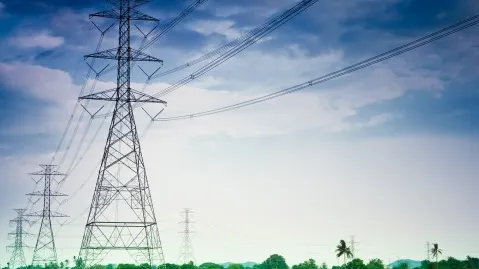
Australia backs renewable energy production from household food waste study
The study will be led by the Logan City Council.
The Australian government has provided a (A$291,785) grant to the Logan City Council to support the exploration of potential renewable energy production from food and garden waste.
In a statement, the Australian Renewable Energy Agency (ARENA) said the study which costs (A$648,811) aims to divert food and green organics waste from households to produce biomethane, biochar and fertiliser prill at the Loganholme Wastewater Treatment Plant.
“Household food and organics waste can be a valuable source of bioenergy, too much of which is currently going to waste. Logan City Council’s feasibility study will look at how this can be captured, whilst reducing harmful emissions from household waste,” ARENA CEO Darren Miller said.
ALSO READ: Australia opens applications for hydrogen programme
“This is the first of many such studies expected to be funded under the IETS (Industrial Energy Transformation Studies Programme). The industry faces a pressing emissions reduction challenge that this program hopes to assist with,” he added.
Currently, household waste is sent directly to landfills creating methane emissions that are harmful to the environment.
$1 = A$1.58

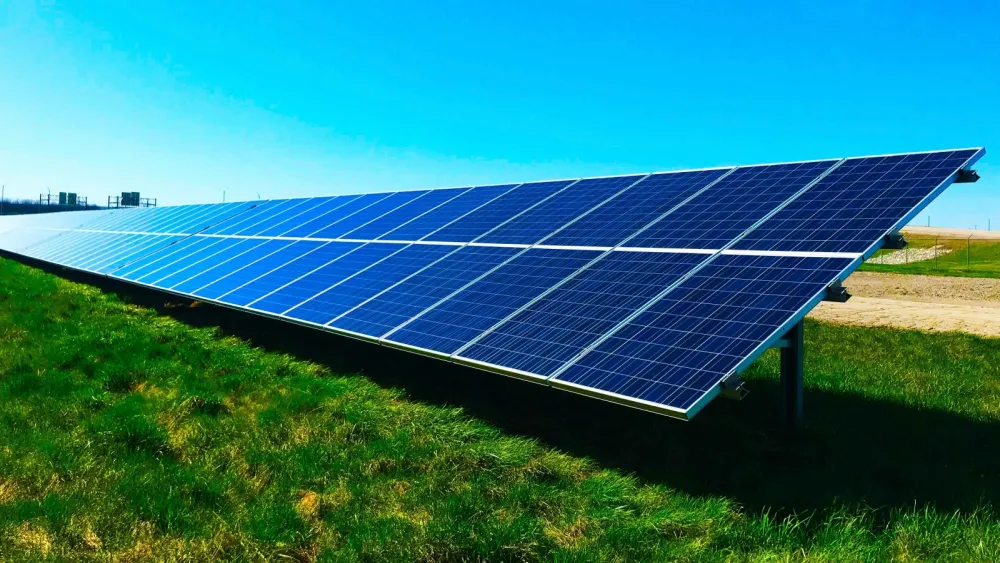
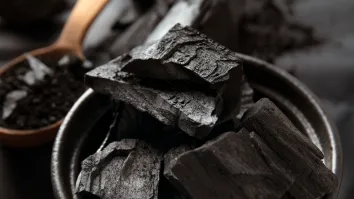
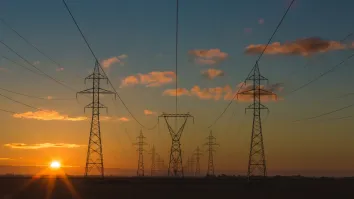
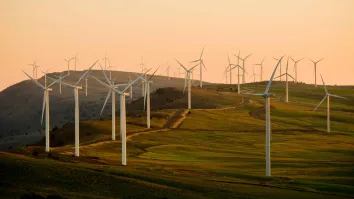














 Advertise
Advertise







